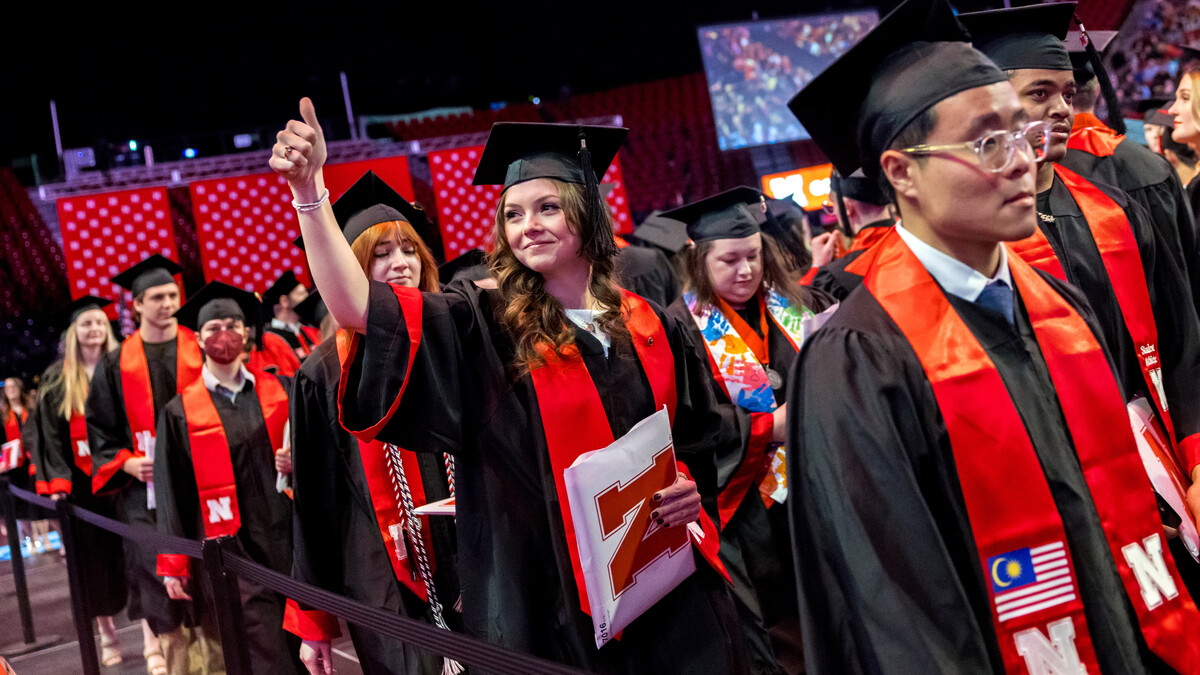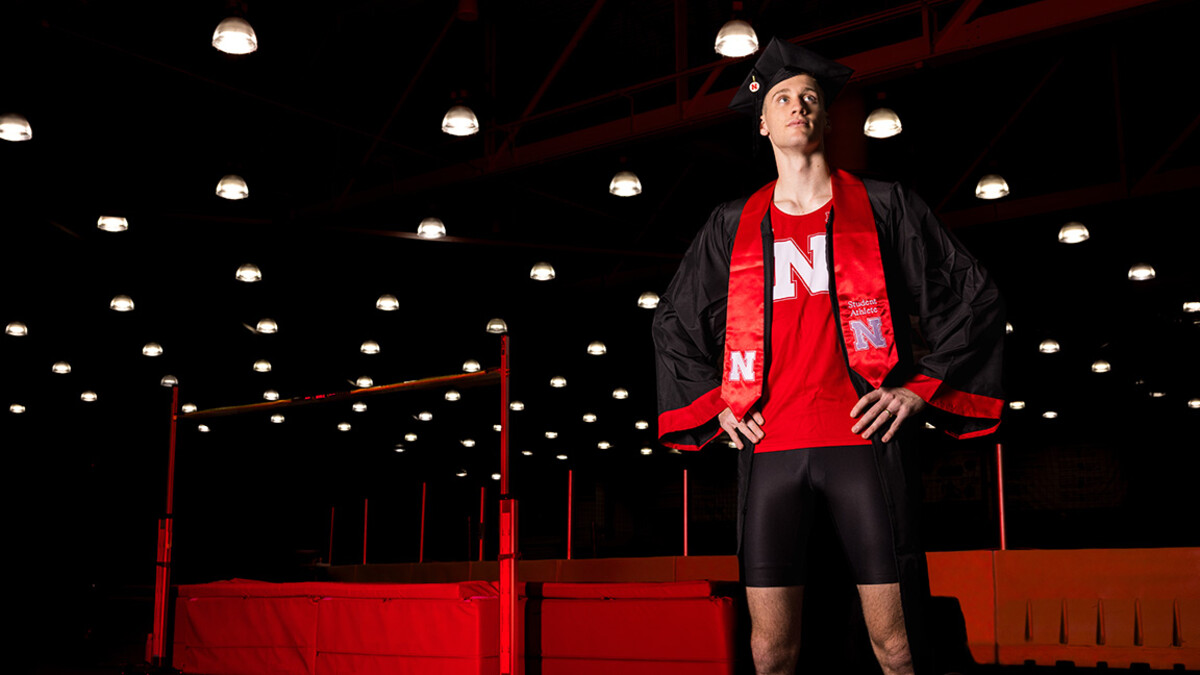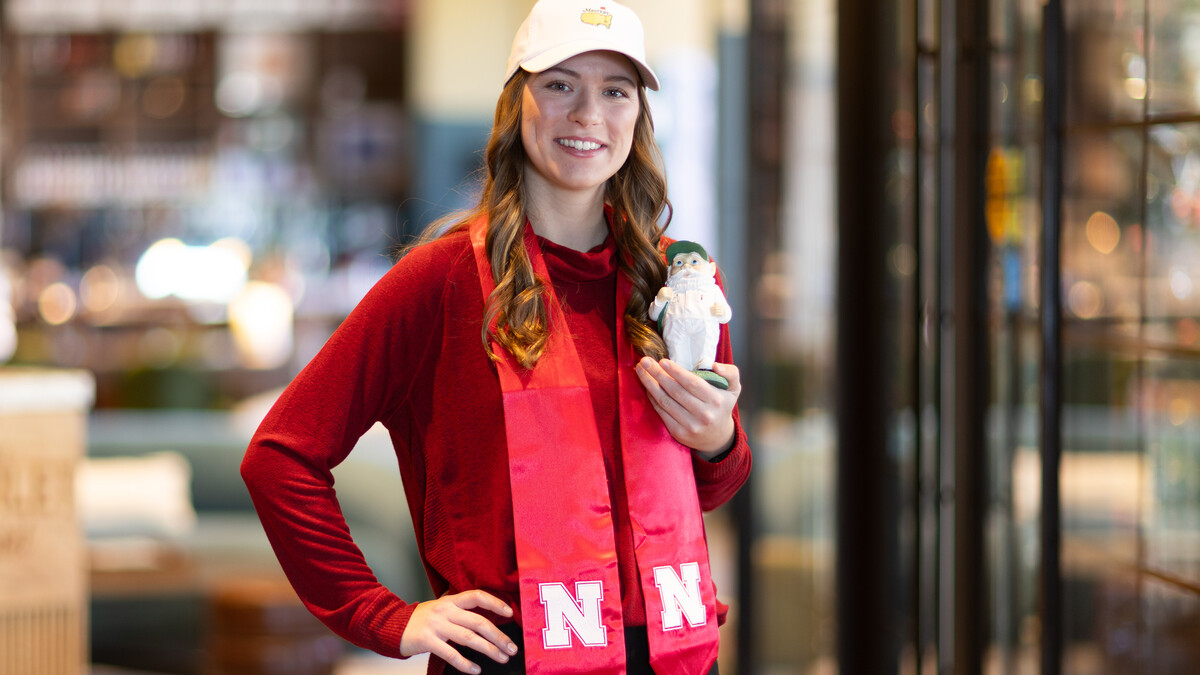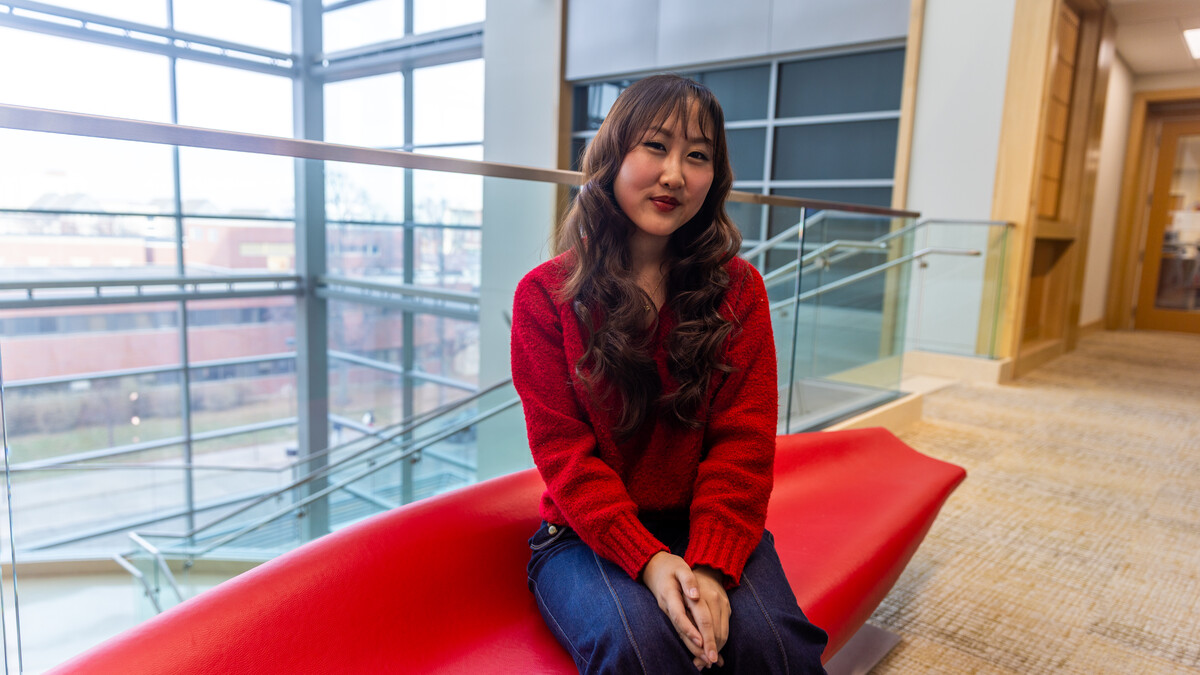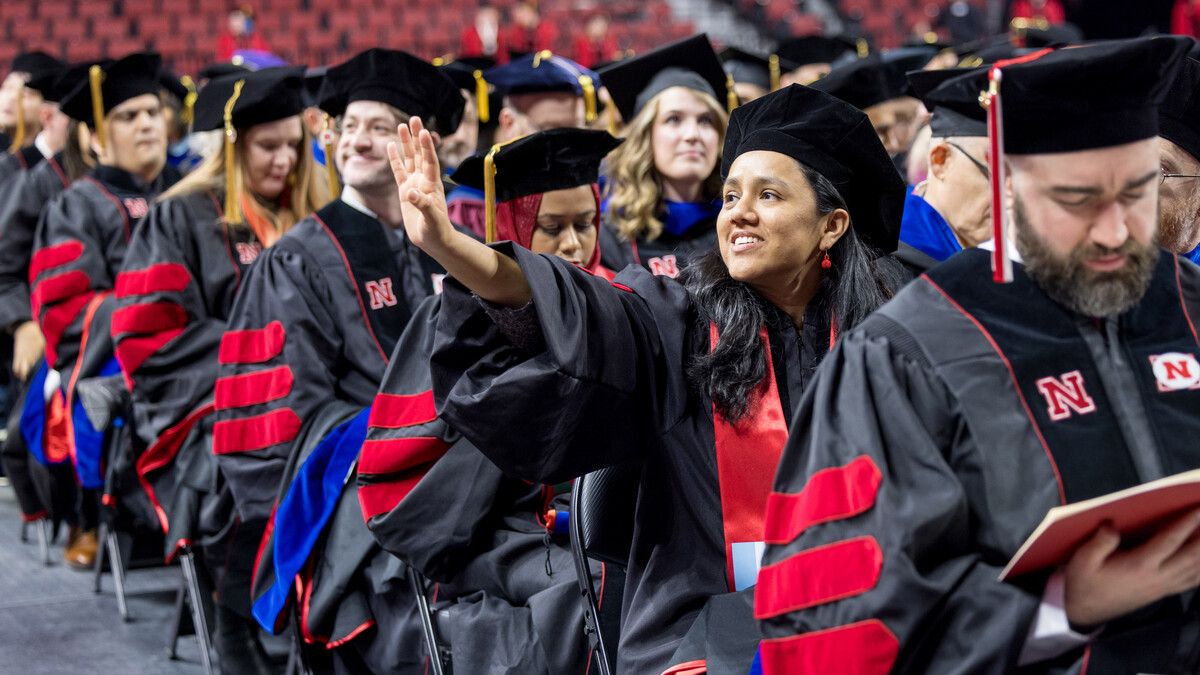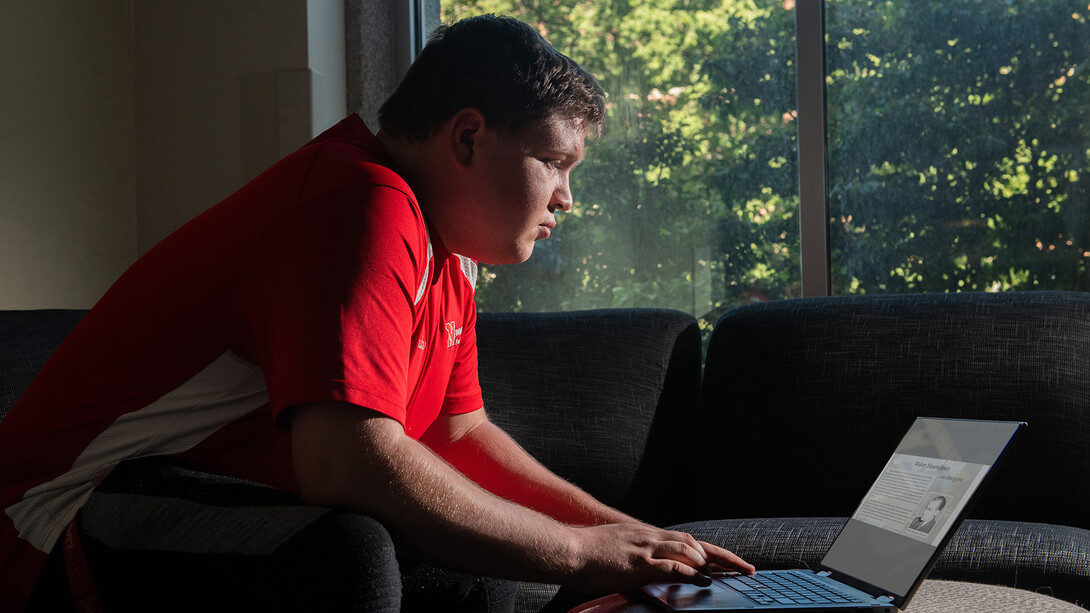
Hastings native Andrew Malesker’s leadership skills and passion for classics have earned him a position leading a student research team this fall.
The team will merge modern technology with classical language as they write and create a multimedia interactive e-book on “Antigone” in conjunction with Oxford University’s Archive of Performances of Greek and Roman Drama.
Malesker, a junior at the University of Nebraska–Lincoln, is getting this rare opportunity as an undergraduate to participate in high-level research through Nebraska’s Undergraduate Creative Activities and Research Experience. This program supports undergraduates to work with faculty mentors in research or creative activities. Malesker is among 135 students selected this summer to receive $2,400 stipends to engage in intensive research or creative activity for 20 hours per week. These projects span academic disciplines including engineering, chemistry, modern languages, psychology, art, architecture, special education and fisheries and wildlife.
Oxford’s Archive of Performances of Greek and Roman Drama previously published multimedia/interactive e-books on “Medea” and “Agamemnon.” Malesker’s team of Nebraska students will create the next e-book, about the history of performances of “Antigone” and will feature interactive and multimedia components, all put together by the students.
The project came about when Michael Lippman, associate professor of practice of classics and religious studies, was looking for opportunities for his undergraduate students to use their skills and prepare for future jobs. The Oxford archive was already creating the first two e-books, and through connections, he secured the creation of “Antigone,” and hopefully more e-books in the future, for the students.
Malesker is double-majoring in computer science and classical languages. He was given the opportunity to lead the “Antigone” team because of his leadership and hard work on a different project, Lippman said.
“It’s also because he’s an excellent student in ancient Greek … all of the leaders tend to come from the Greek classes,” he said.
Malesker is currently in training and will begin his leadership role late this summer. Training has been smooth, but complicated, as traditional training methods have been challenged by COVID-19.
One of Malesker’s future aspirations is to go to Greece and study artifacts. He may have the opportunity to go to Oxford University to look through Greek materials for the e-book.
Three students will join him on the team. They are from Lincoln: Vanessa Larsen, Ellen Kratzer and Cameron Ramsey.



